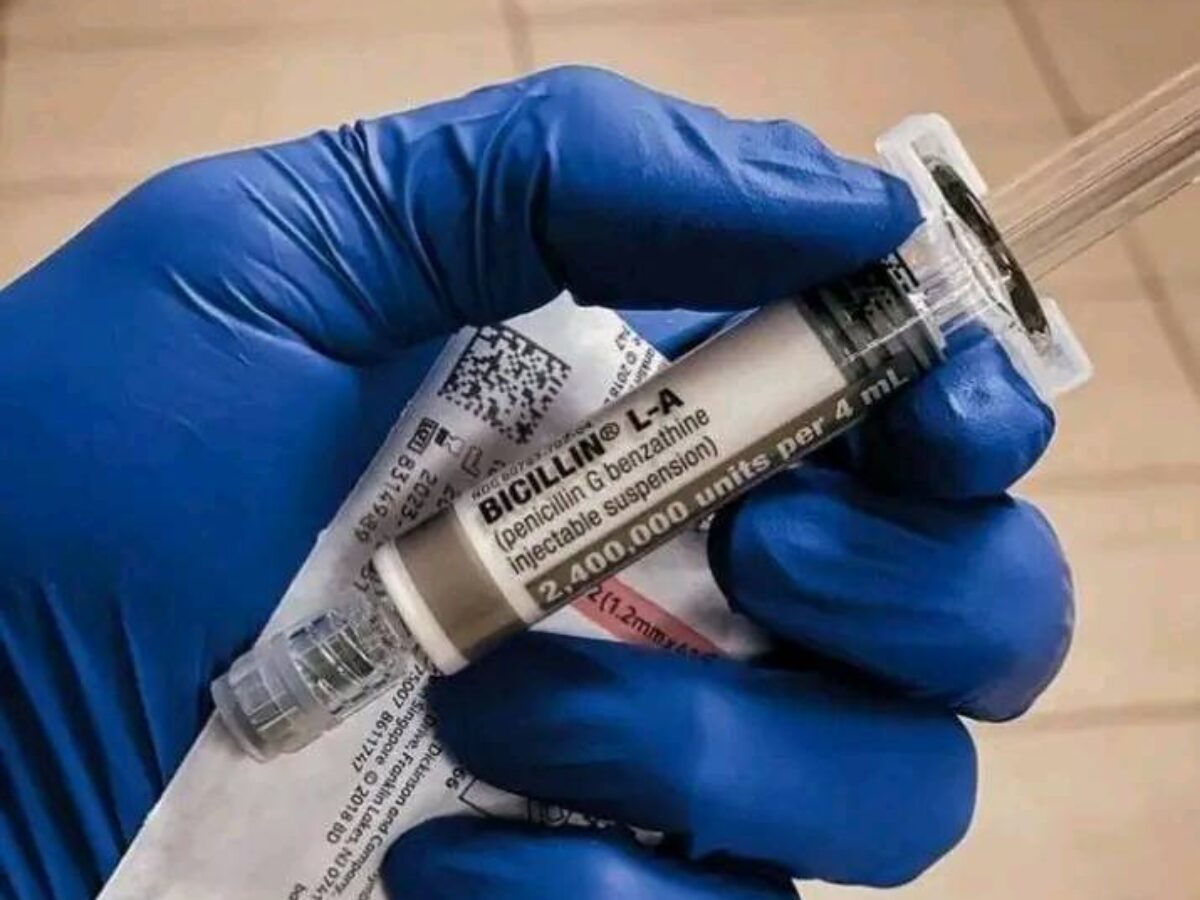Call for homegrown medicine production as penicillin imports dry up

A critical shortage of an essential penicillin medication is highlighting Australia's vulnerability in pharmaceutical manufacturing, according to a new report published in the Medical Journal of Australia on Monday.
The medication, benzathine benzylpenicillin G (BPG), is vital for treating syphilis and preventing rheumatic heart disease, conditions that disproportionately affect Aboriginal and Torres Strait Islander communities. Australia currently relies entirely on imports for this essential medicine.
Lead author Dr Rosemary Wyber noted that recent supply disruptions have forced healthcare providers to switch to less effective alternatives. “The current shortage means patients are receiving a powder form of the medication that requires mixing and is nearly twice the injection volume, making it significantly more painful to receive,” Wyber said.
The situation is particularly challenging for patients requiring regular treatment. Some people need monthly injections for at least five years to prevent rheumatic heart disease, making any increase in injection pain a significant concern.
The authors called for Australia to develop its own manufacturing capability for BPG, building on recent investments in pharmaceutical facilities in Western Australia. This approach could mirror Australia's successful development of mRNA vaccine manufacturing capacity.
“We cannot meet Closing the Gap targets or other targets for syphilis and rheumatic heart disease control without a reliable supply of high-quality BPG,” the authors wrote, emphasizing that domestic production could also benefit neighbouring countries in the Asia-Pacific region facing similar shortages.
The National Aboriginal Community Controlled Health Organisation has been instrumental in managing the current shortage, but the authors argue that long-term solutions require investment in local manufacturing capabilities.
Image: Facebook
@aumanufacturing Sections
Analysis and Commentary Awards casino reviews Defence Gambling Manufacturing News Online Casino Podcast Technology Videos





